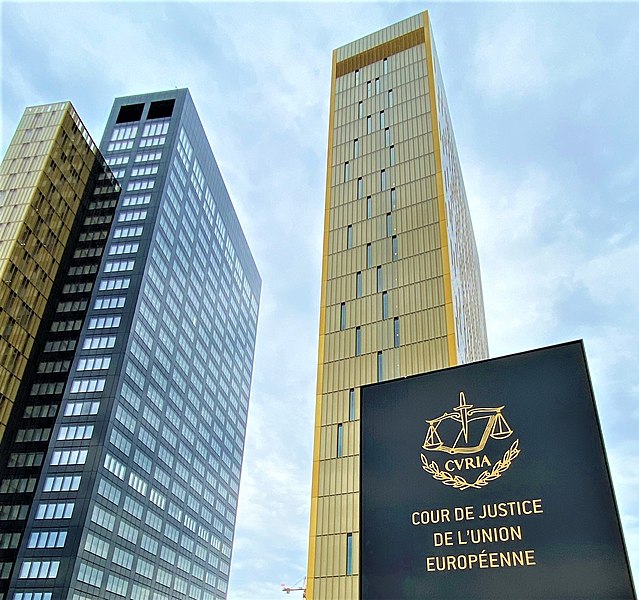Latest blog articles
-

Armed conflicts are not something new, sadly. They emerge in different parts of the globe, at different times, and due to different reasons. Three reflections follow on the role of legal education in the context of armed conflicts, inviting for paths for instructors and students to pursue peace.
-

"While the main stories about antitrust enforcement in digital markets that we hear about in media and specialized outlets focus on Europe and the United States, competition agencies in other regions of the World are also active in this front.
-

The disputes concerning FRAND licensing of standard-essential patents (SEPs) are critical legal issues that dominate the development of the standard-implementing industries like the telecommunication industry.
-

This blog analyses the obligation of Albania to approximate its existing and future competition law with the EU competition acquis, including the need to transpose the ECN + Directive in the pre-accession stage.
-

Data is intangible, non-rivalrous, and produced in vast quantities with little to no incentive. How then can it be a source of competition issues in digital markets? This blog seeks to explain.
-

Data spaces are an important initiative to promote data sharing within the EU and across sectors and to make more data available for the benefit of society at large. At the same time, however, data spaces could be challenging under competition law.
-

In the digital economy, algorithms are the new air- they are everywhere, essential for survival online. Algorithms manage every keystroke, every search, every step on the web. Algorithms are a sequence of instructions to solve a problem and take decisions.
-

As we all can experience in our daily basis, we are living through the age of digitalization. Goods that were formerly tangible (as paperback books) or that at least had a tangible medium (as cartridge-based videogames), are now available in full-digital versions.
-

Article 17 Digital Single Market Directive necessitated many online platforms to have an upload filter to prevent copyright infringements.
-

Disruptions of supply—as opposed to refusals to supply—are a suitable qualification for the ‘open early, closed late’ scenarios often observed in the digital economy. The case law, however, does not always distinguish clearly between the two types of conduct.